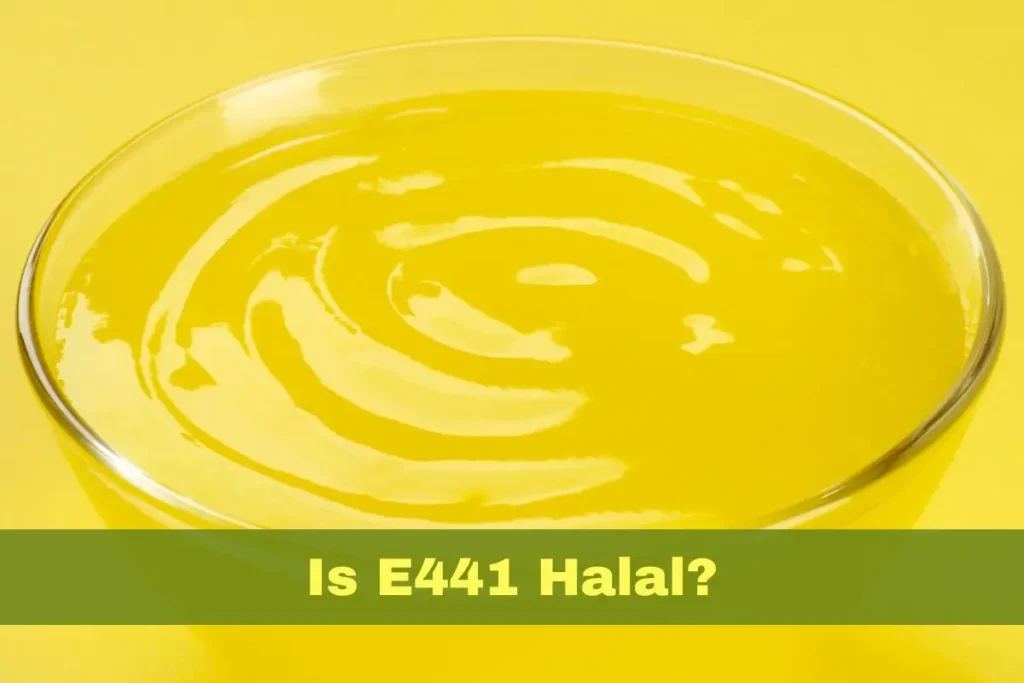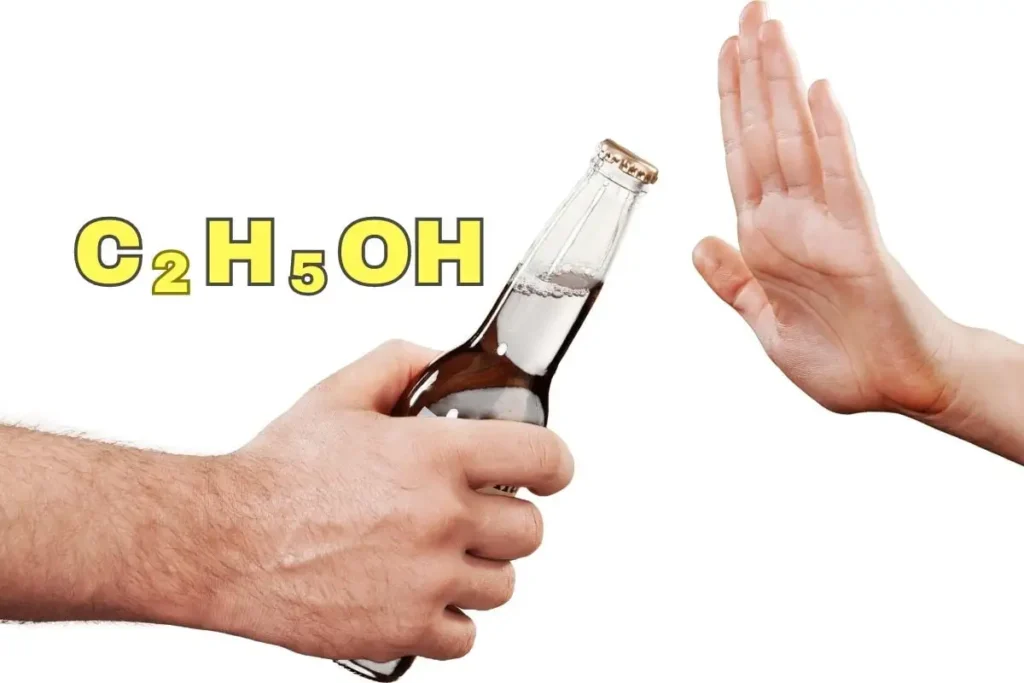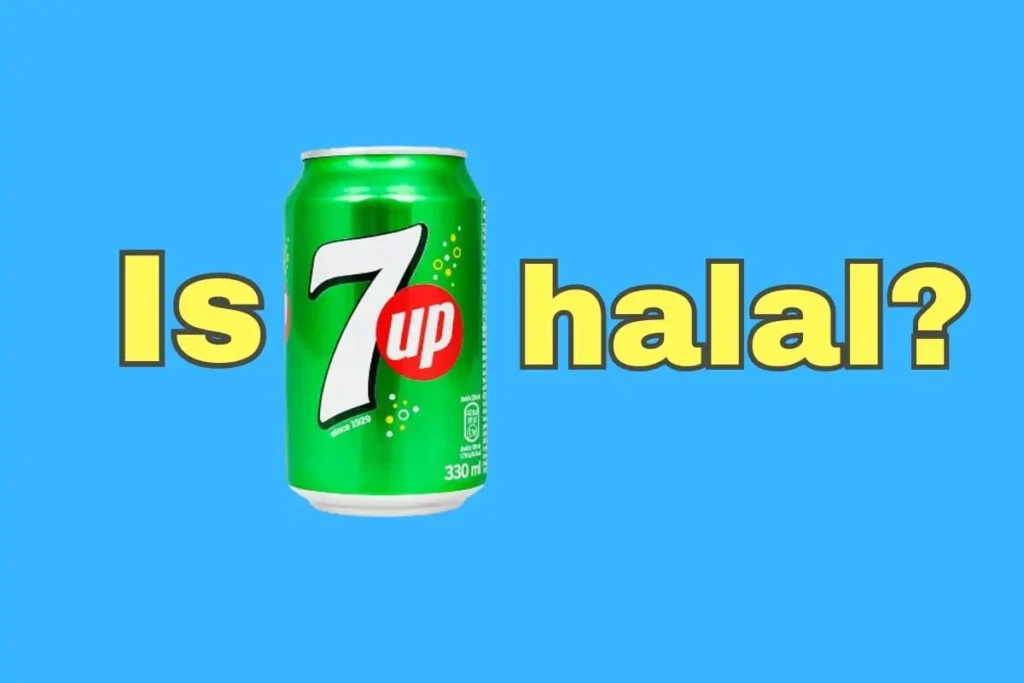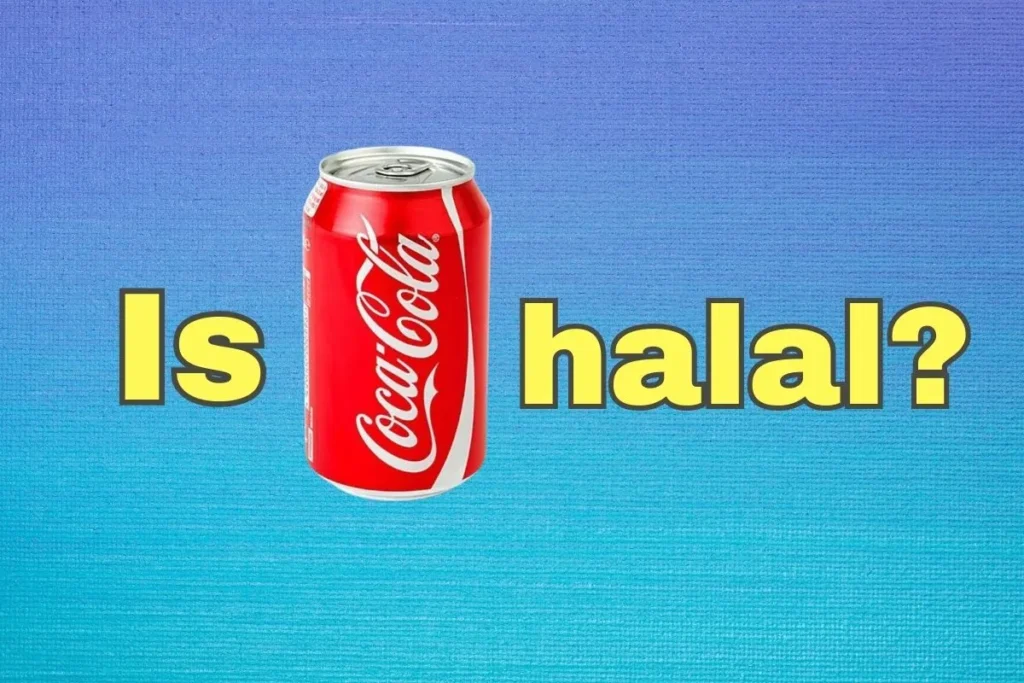Assalamualaikum curious readers! Many ask if gelatin, labeled as E441, adheres to Islamic dietary laws. Let’s explore gelatin and examine its permissibility.
Key Takeaways
| 📌 Gelatin, known as E441, is a protein-rich emulsifier sourced from animal bones and skin, often cow or pig. It’s widely used in various foods like gummy candies, marshmallows, and yogurt. |
| 📌 The halal status of gelatin is often doubtful (syubhat) as it depends on the source. If it comes from a permissible (halal) animal and follows Sharia-compliant slaughtering, it’s considered halal; otherwise, it raises concerns. |
| 📌 Gelatin is generally safe for consumption when produced from halal-approved animals under sanitary conditions and consumed moderately. However, it’s crucial to know the specific source for religious reasons. |
What Is E441?
E441 refers to gelatine, a protein-rich emulsifier made from animal bones and skin. During processing, collagen is converted to gelatin through hydrolysis. As an E number, E441 identifies food-grade gelatin.
Chemical Structure
Gelatin is comprised of amino acids glycine, proline, and hydroxyproline joined in long chains. Thermal processing alters collagen’s triple-helical structure, yielding a transparent semisolid substance at room temperature.
What Is E441 Made From?
Gelatin is sourced from pigskins, cattle bones, and fish skins. Processing involves cleaning, acid/lime pretreatment, extraction, and purification. Picture this: pigskins, cattle bones, and fish skins – these are the starting points for the gelatin journey.
But hold on, let’s break it down step by step. First off, the raw materials undergo a meticulous cleaning process, ensuring we get rid of any unwanted bits. Now, ever wondered how that gelatin gets its perfect texture?
It’s all about the acid and lime pretreatment that follows. This step sets the stage for the extraction process, where the essence of gelatin emerges. Finally, purification wraps up the process, making sure our gelatin is pristine and ready for its starring role in your favorite treats.
Possible Side Effects
Gelatin consumption is safe for most individuals. Adverse reactions may rarely occur in allergic persons. No significant health risks are associated with recommended intakes.
Regulations and Guidelines
The US FDA has approved gelatin as GRAS in food applications. The EU has similarly permitted its usage through the E441 designation.
Dosage and Administration
Gelatin addition depends on individual food formulations. Levels are kept low, usually below 10g per kg. Producers adhere to GMPs to ensure quality and safety.
Is E441 (Gelatine) Halal or Haram?
Gelatin is typically obtained by boiling animal skin (often cow or pig), ligaments, bones, or collagen-containing tissues. The halal status of gelatin falls into the syubhat (doubtful) category.
If it originates from a permissible animal and undergoes a Sharia-compliant slaughtering process, it is considered halal; conversely, otherwise.
Find out more:
Is E440b Halal or Haram?
Is E442 Halal or Haram?
Conclusion
In the world of food choices, E441 (gelatin) stands at the crossroads of halal uncertainty. Derived from animal sources, its origin prompts a contemplative pause in our culinary journey.
E441 encourages a thoughtful approach to consumption, urging us to be mindful of its sourcing. In conclusion, let’s carry this awareness forward, making choices that resonate with our beliefs and values.
Allahu A’lam (Allah Knows Best)
FAQ
What is the source of E441?
Gelatin sources typically include pork skins, cattle bones, and cow skins. The specific source must be known.
Is E441 safe for consumption?
Yes, gelatin is generally recognized as safe when produced from halal-approved animals under sanitary conditions and consumed in moderate amounts.
What are some common food products that contain E441?
Some include gummy candies, fruit snacks, marshmallows, yogurt, pie fillings, and photosensitive chemicals. Vegetarians/vegans avoid it.
What is the CAS number of E441?
The Chemical Abstracts Service registry number assigned to gelatin is 9000-70-8.
Is E441 banned in any country?
No, but gelatin regulation is source-dependent. Pork gelatin raises religious concerns for some while fish gelatin consumption is more widely permitted.
- Is Pop Tarts Halal? What You Need to Know - February 18, 2024
- Are Graham Crackers Halal in Islam? - January 19, 2024
- Is Keebler Wheatables Halal? - January 18, 2024





